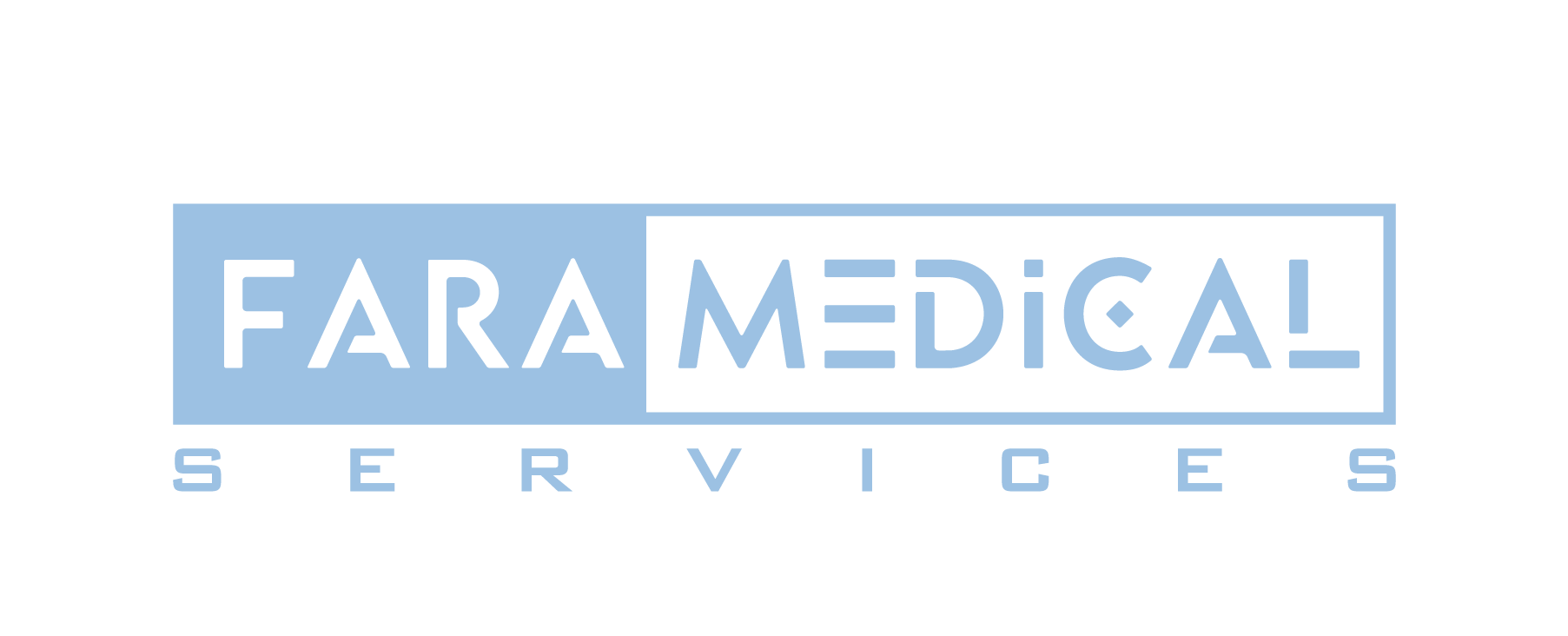Depression. It’s a word tossed around casually in conversation, often used to describe feeling down or disappointed. But for millions of people around the world, depression is far more than just a passing blue mood. It’s a serious mental health condition that can significantly impact every aspect of daily life.
This blog post aims to shed light on depression, dispel myths and misconceptions, and empower those struggling with this condition to seek help. We’ll explore the signs and symptoms, delve into the causes and risk factors, and most importantly, offer resources and guidance for finding the support you need.
Breaking the Silence: Why Talking About Depression Matters
Depression thrives in silence. The stigma surrounding mental health can make it difficult for people to open up about their struggles. But bottling up emotions and isolating oneself only worsen the condition.
Talking about depression is the first step towards recovery. It allows you to connect with others who understand, reduces feelings of shame and isolation, and empowers you to seek professional help.
Understanding Neuropathic Pain
To effectively treat neuropathic pain, we must first understand what separates it from other types of chronic pain. While conditions like arthritis or injury involve pain signals triggered by damage to tissues, neuropathic pain arises from disrupted nerve signals themselves.
Our nervous systems are vast, electro-chemical communication highways composed of an intricate network of specialized nerve cells called neurons. When these nerves become injured, compressed, infiltrated, or subject to faulty firing, they unleash a torrent of aberrant signals interpreted as persistent burning, stabbing, tingling or numbing sensations.
In many cases, the cause of neuropathic pain stems from an injury or disease process impacting the:
Peripheral Nerves – Our bodies’ network of nerves that relay sensory information between the brain/spinal cord and outlying muscles, skin, and organs.
Central Nervous System – Comprised of the brain and spinal cord, where sensory nerve impulses are processed and integrated.
In other instances, neuropathic pain may have no apparent initiating factor aside from potential genetic, environmental, or immune/metabolic influences resulting in nerve dysfunction.

Demystifying the Causes and Risk Factors of Depression
The exact cause of depression is still not fully understood, but it’s believed to be a complex interplay of biological, psychological, and social factors. Here are some potential contributors:
- Brain Chemistry: Imbalances in brain chemicals like serotonin and norepinephrine are thought to play a role.
- Genetics: Having a family history of depression increases your risk. ● Life Events: Stressful life events like a job loss, a breakup, or a death in the family can trigger depression.
- Chronic Medical Conditions: Certain chronic illnesses can increase your risk of depression.
- Substance Abuse: Substance abuse can be both a cause and consequence of depression.
● Personality Traits: People with low self-esteem, negative thinking patterns, or a history of trauma are more vulnerable.
Seeking Help: It's a Sign of Strength, Not Weakness
Despite its prevalence, depression can often go undiagnosed or untreated. If you suspect you or someone you know may be struggling with depression, it’s crucial to seek help. Here are some steps you can take:
- Talk to Your Doctor: A doctor can screen for depression, rule out other medical conditions, and develop a treatment plan.
- Find a Therapist: Therapy can provide valuable tools for managing depression and developing coping mechanisms.
- Join a Support Group: Connecting with others who understand your struggles can be incredibly empowering.
- Consider medication: Antidepressant medication can help to balance brain chemicals and alleviate symptoms.
Fara Medical Services: Here for You Every Step of the Way
At Fara Medical Services, we understand the challenges of depression and are dedicated to providing compassionate and comprehensive support. Our team of experienced professionals, including board-certified psychiatric nurse practitioners and therapists, can help you develop a personalized treatment plan to address your unique needs. We offer medication management, individual therapy, and even alternative therapeutic approaches like art therapy.

There is Hope: A Brighter Future Awaits
Depression is a treatable condition. With the right support and resources, you can regain control of your life and experience joy again. Don’t hesitate to reach out for help. You are not alone.
Here are some resources that you may find helpful:
- National Institute of Mental Health: Depression
https://www.nimh.nih.gov/health/topics/depression
- The Jed Foundation: https://jedfoundation.org/
- The National Alliance on Mental Illness (NAMI): Depression
https://www.nami.org/About-Mental-Illness/Mental-Health-Conditions/Depressio n
- The American Foundation for Suicide Prevention: https://afsp.org/
● Crisis Text Line: Text HOME to 741741
Taking Care of Yourself: Building Resilience Against Depression
While seeking professional help is crucial, here are some additional steps you can take to manage your depression and improve your overall well-being:
- Prioritize Self-Care: Make time for activities that nourish your mind, body, and spirit. This could include exercise, healthy eating, spending time in nature, relaxation techniques like meditation or yoga, or pursuing hobbies you enjoy.
- Connect with Loved Ones: Social support is essential for emotional well-being. Surround yourself with positive and supportive people who care about you.
- Develop Healthy Habits: Establish regular sleep patterns, eat a balanced diet, and limit alcohol and drug use.
- Challenge Negative Thoughts: Cognitive-behavioral therapy (CBT) can be a helpful tool for identifying and reframing negative thought patterns.
- Practice Gratitude: Focusing on the things you’re grateful for, however small, can shift your perspective and boost mood.
Remember, Recovery is a Journey, Not a Destination
Healing from depression takes time and effort. There will be good days and bad days. Be patient with yourself and celebrate your victories, no matter how small. With the right support system and a commitment to self-care, you can manage your depression and live a fulfilling life.
Fara Medical Services Can Help You Find Your Path to Healing
If you’re struggling with depression, we encourage you to reach out to Fara Medical Services. We offer a safe and supportive environment where you can talk openly about your challenges and develop a treatment plan tailored to your unique needs.
Contact us today at +1 (240) 606-9176 or visit our website at www.faramedservices.com to schedule a consultation. We look forward to helping you on your journey to healing and rediscovering joy.
Together, we can break the silence surrounding depression and empower individuals to seek the help they deserve.
We hope this blog post has been informative and empowering. Please share this information with anyone you know who might find it valuable.

